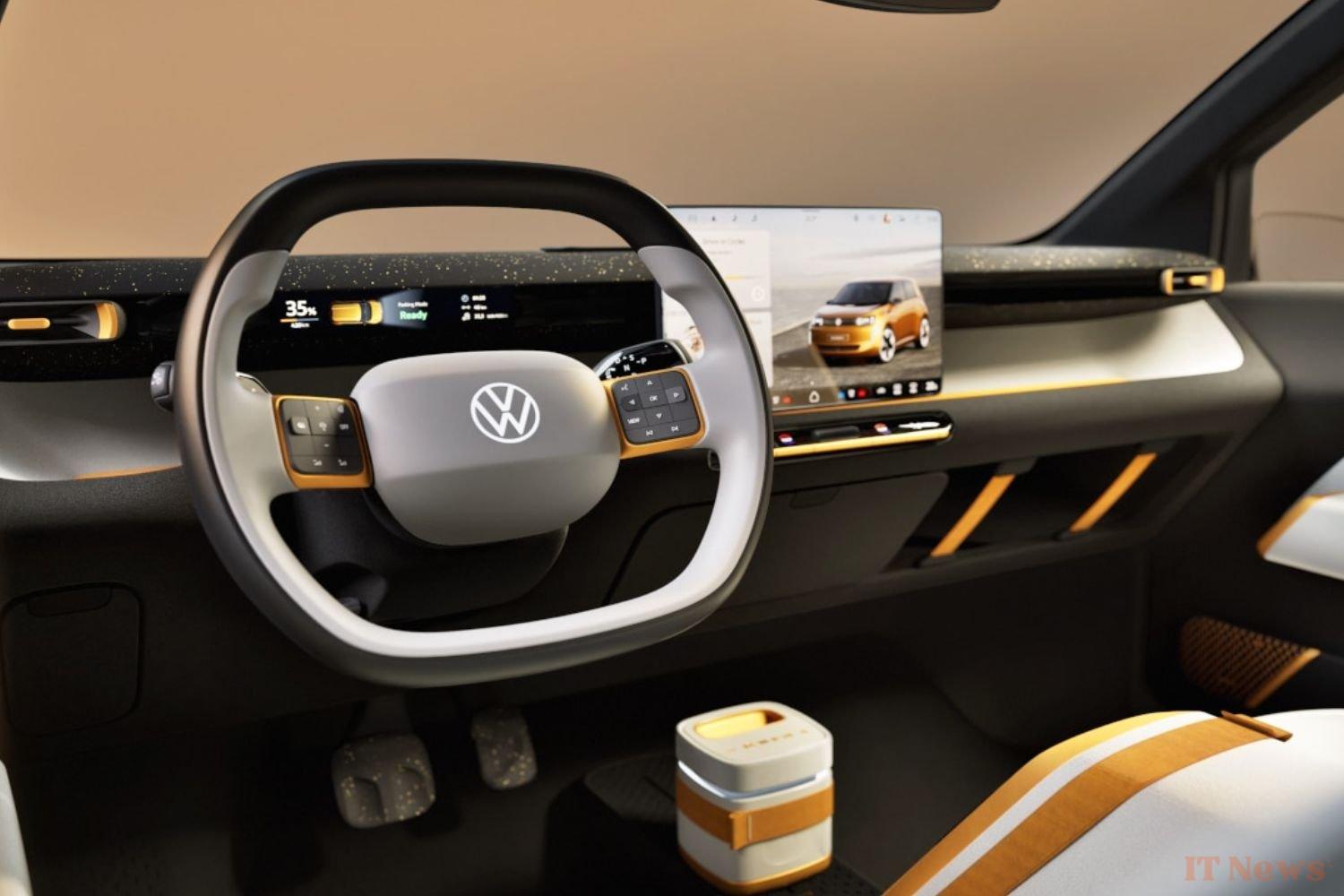In terms of regulations, 2035 is a long way off and still very uncertain. This is undoubtedly even more true in the automotive sector, which has been on a forced march towards the electric transition for several years. Except that, faced with a slower-than-expected adoption of electric cars and growing uncertainties about the economic and political environment, the "all-in-one" approach is less in vogue. A sign of this uncertainty: the explosion in hybrid car sales last year and the growing investments in this engine, which was thought to be almost dead. The latest example: Volkswagen, which is relaunching the development of a new "full hybrid" engine less than ten years before the crucial deadline of the end of sales of combustion-engine cars. Is this really madness?
Hybridization is not a first for the Volkswagen group, which had several PHEV or micro-hybrid models in its enormous catalog. But this time, VW is reportedly taking a very close interest in Full Hybrid, the technology that brought glory to Toyota and, more recently, Renault. Indeed, Volkswagen is reportedly planning to announce its first full hybrid vehicle next September at the Munich Motor Show. The identity The lucky recipient of this engine is already known, since it is the new T-Roc, the small SUV from the German brand, which is due to make its debut on this date.
A step backwards on the road to 100% electric
There are still relatively few details on this new engine which, due to group logic, should not be limited to VW alone. The other members of the group (Audi, Skoda, Cupra) could also soon have a full hybrid version of some of their models.
As for the technical characteristics of the future engine, even if they are not official, many clues point to a very versatile powertrain. It should consist of a 1.5L turbocharged four-cylinder gasoline engine that will act on the wheels at the same time as an electric motor assisted by a (small) battery. This fairly basic configuration would allow Volkswagen to prepare several variants ranging from 201 to 268 hp.
Why launch such an engine when the days of this engine technology seem numbered? Volkswagen's idea is undoubtedly twofold. First, it is about stemming the general decline in sales that is affecting almost all of the group's brands, starting with VW.
Second, Volkswagen would thus have an intermediate offering between gasoline and electric vehicles that could convince customers who are hesitant to take the step to 100% electric vehicles. medium term.
Finally, it is not possible to exclude the idea that Volkswagen, like many of its competitors, could call into question the 2035 deadline. In this hypothesis, this new hybrid engine would no longer be there "only" for ten years... but for much longer.



0 Comments